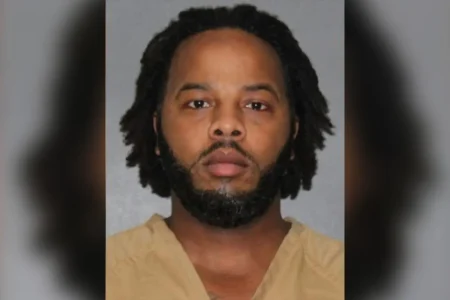On Monday, Special Counsel David Weiss countered President Biden’s assertions regarding Hunter Biden’s prosecution, describing claims of selective and unfair treatment by the justice system as unfounded. In a formal filing with the U.S. District Court for the Central District of California, Weiss asserted that the government acknowledges a certain leniency afforded to Hunter but firmly stated that this should not invalidate the grand jury’s decision to charge him based on probable cause. Weiss emphasized that doubts raised about the motives behind the prosecution lack merit, noting that no judicial body has supported Hunter’s claims of misconduct in the legal process. He maintained that the indictment against Hunter should remain intact, rejecting any notions of improper influence or elusive motivations behind the federal charges.
In a pivotal move, President Biden pardoned Hunter on Sunday, claiming his son faced differential treatment from his own department of justice. Biden unequivocally stated that from the outset of his presidency, he refrained from interfering in judicial matters while witnessing what he views as a fundamentally biased prosecution against Hunter due to their familial ties. During the pardon announcement, the president articulated his belief that the prosecution stemmed from Hunter being his son, labeling the entire ordeal as unjust, and framing Weiss’s actions as a miscarriage of justice that warranted corrective measures.
Weiss rebutted President Biden’s assertions in multiple ways, citing concrete judgments from the courts handling both the California tax case and the Delaware gun trial. He noted that allegations of vindictive prosecution had been dismissed by judges as baseless and illogical. As evidence of the inherent flaws in Hunter’s claims, Weiss cited the judicial evaluations that explicitly ruled out any selective or vindictive motivation behind the prosecution, strengthening his argument with references to legal precedents and standards. Weiss’s filings are designed to ensure the integrity of the judicial processes at play while mitigating any potential political implications stemming from the case.
A critical ruling came from U.S. District Judge Maryellen Noreika in April when she rejected Hunter’s attempted dismissal of federal gun charges based on claims of selective prosecution. She highlighted the irony that the same Executive Branch, which charged him, was led by his father, emphasizing that this context precludes any reasonable assumption of bias against Hunter for familial reasons. Noreika’s conclusions underline the broader legal consensus that, regardless of the complexities surrounding political influence, particularly from Republican circles, there remains no substantiated evidence to support Hunter’s defense claims, solidifying her rejection of the notion that the prosecution was prejudiced.
As of September, Hunter Biden had entered a guilty plea on multiple charges concerning unpaid taxes amounting to $1.4 million, and further faced three federal gun charges stemming from allegations of unlawful possession while under the influence of drugs. These legal challenges compounded the familial and public scrutiny surrounding Hunter, and the judicial proceedings indicated the formal nature of the charges he confronted. With sentencing on the horizon—set for December 12 for the gun case and December 16 for the tax case—Hunter’s future remained precarious, marking a significant juncture in his ongoing legal troubles.
Overall, the interplay between Hunter Biden’s legal complications and the overarching political narratives introduced by his father’s presidency creates a complex tapestry of challenges that intertwine justice and politics. Weiss’s insistence on maintaining the indictment, coupled with judicial rulings rejecting claims of improper motivations, constructs a formidable barrier against the narrative of unjust prosecution. As the parties involved bracket their ready defense mechanisms around the respective law and individual perception, the outcome of Hunter’s forthcoming sentencing will significantly shape the discourse surrounding both his personal accountability and the implications for the Biden administration.









